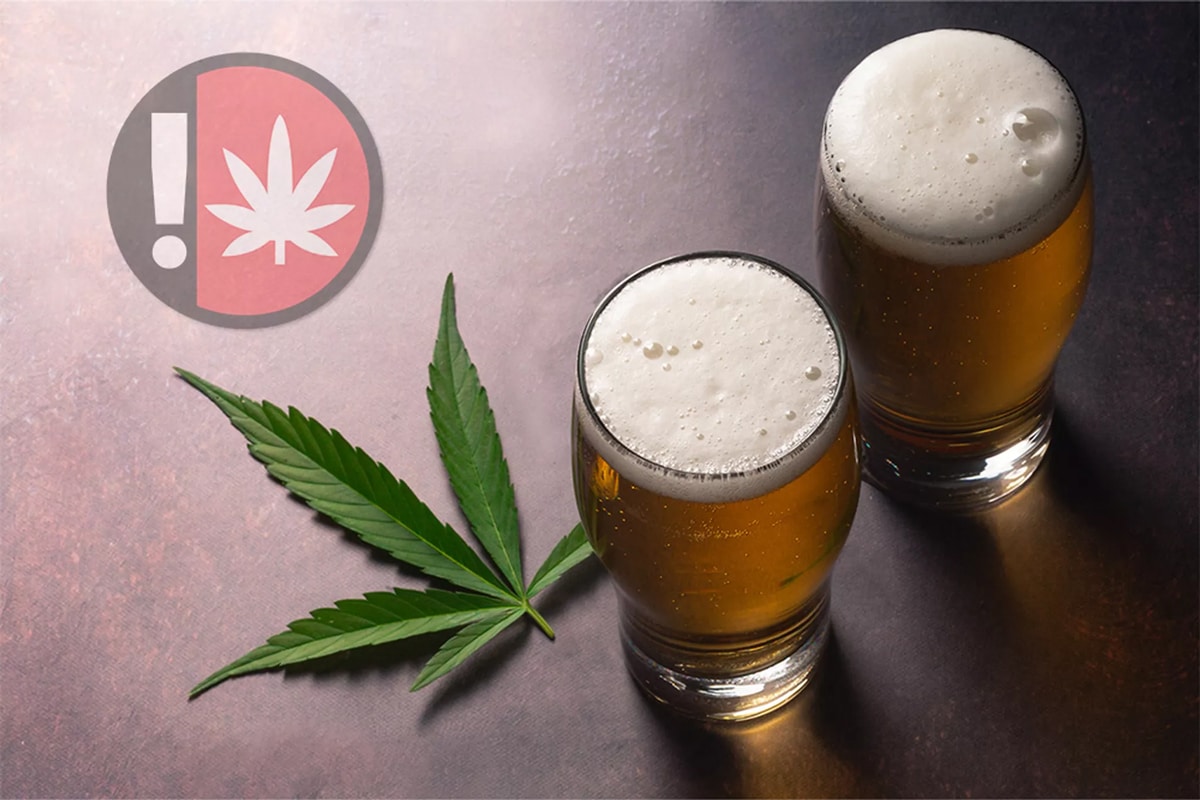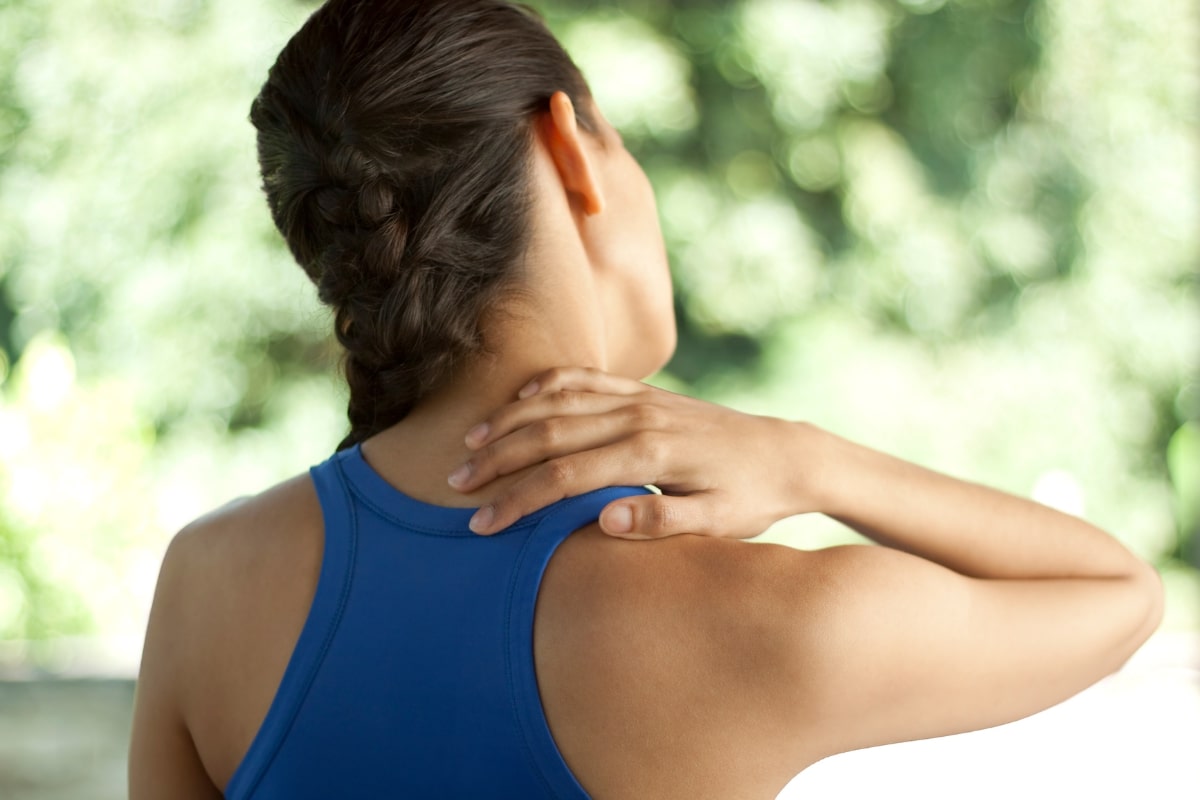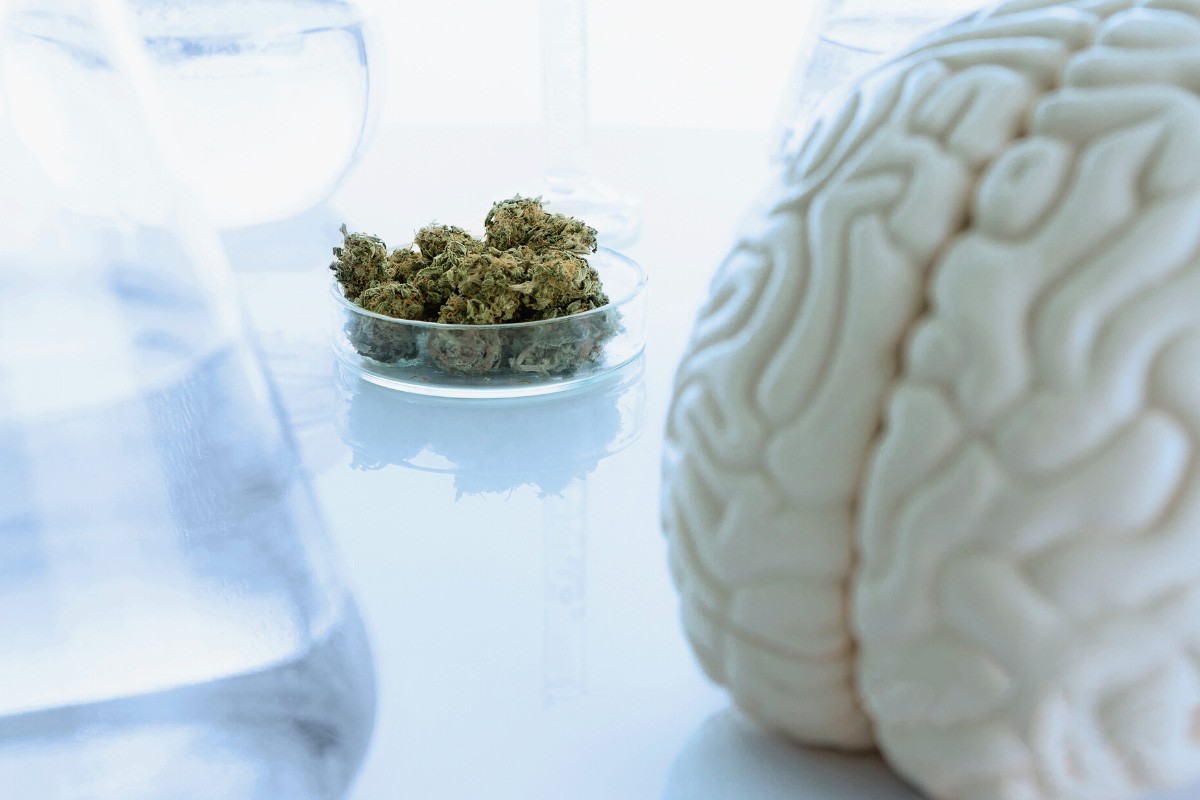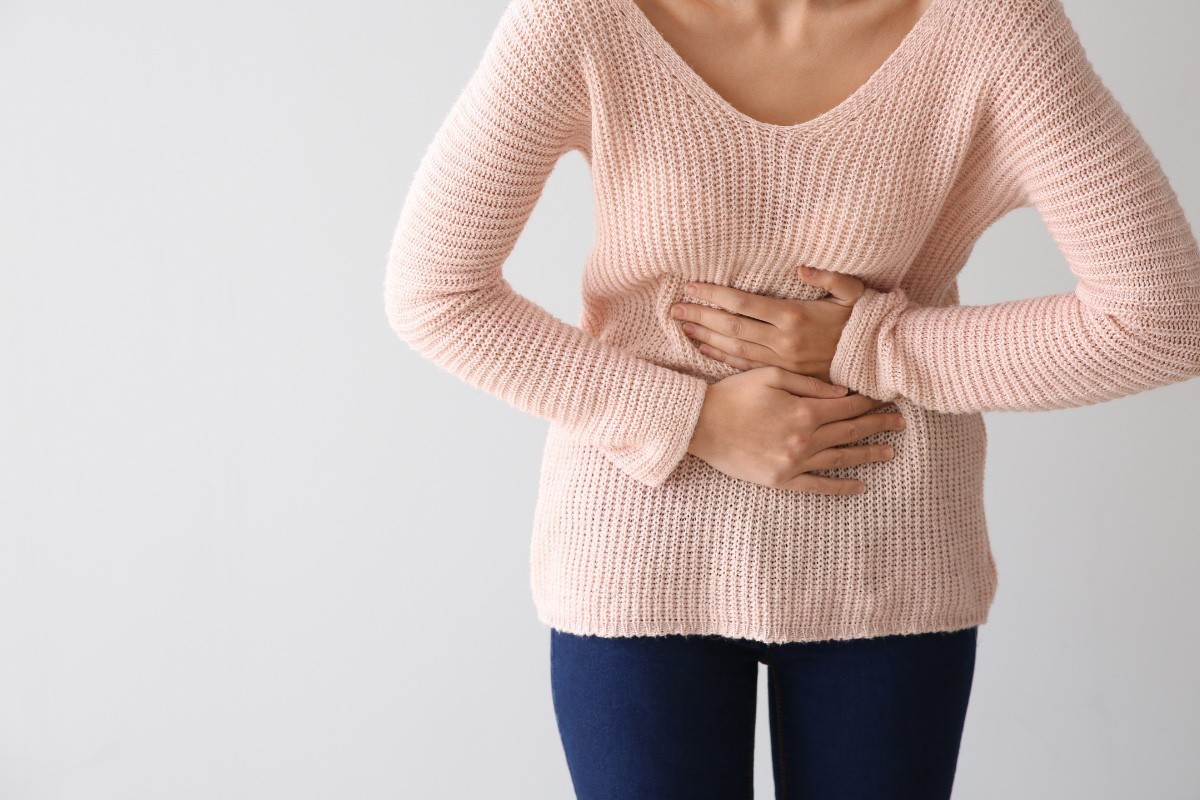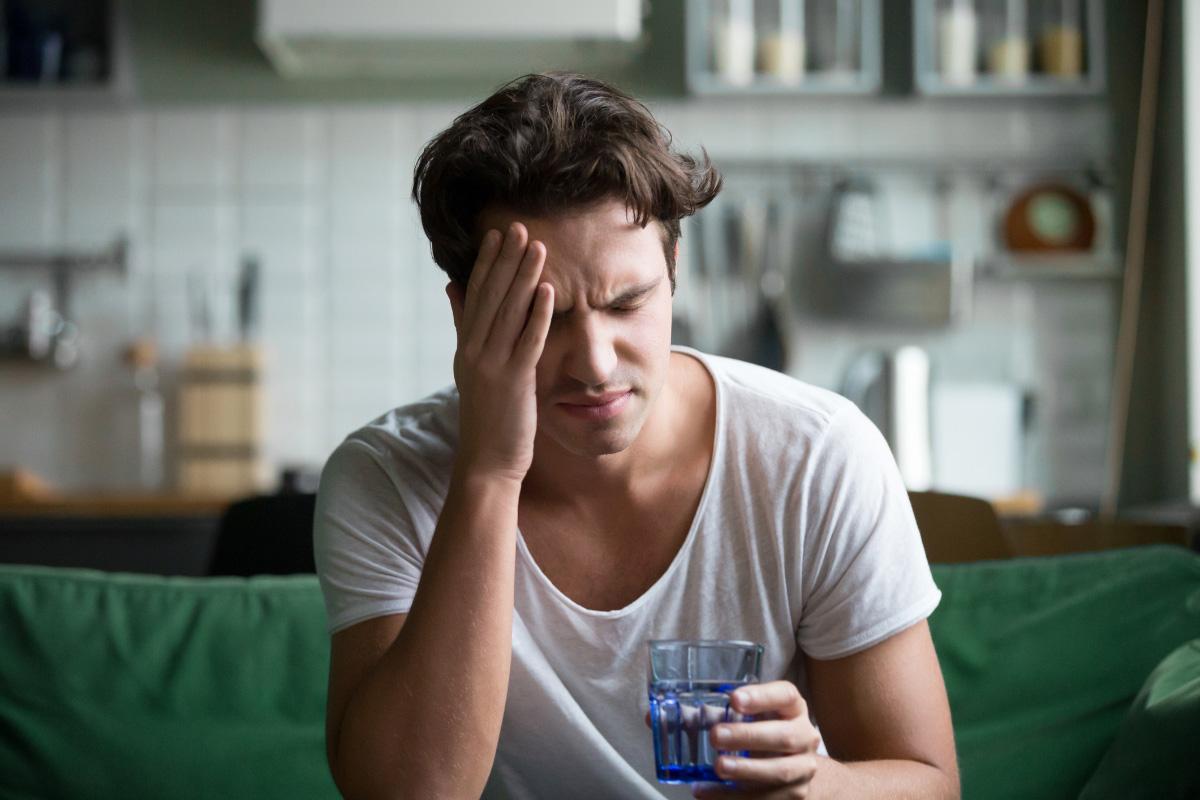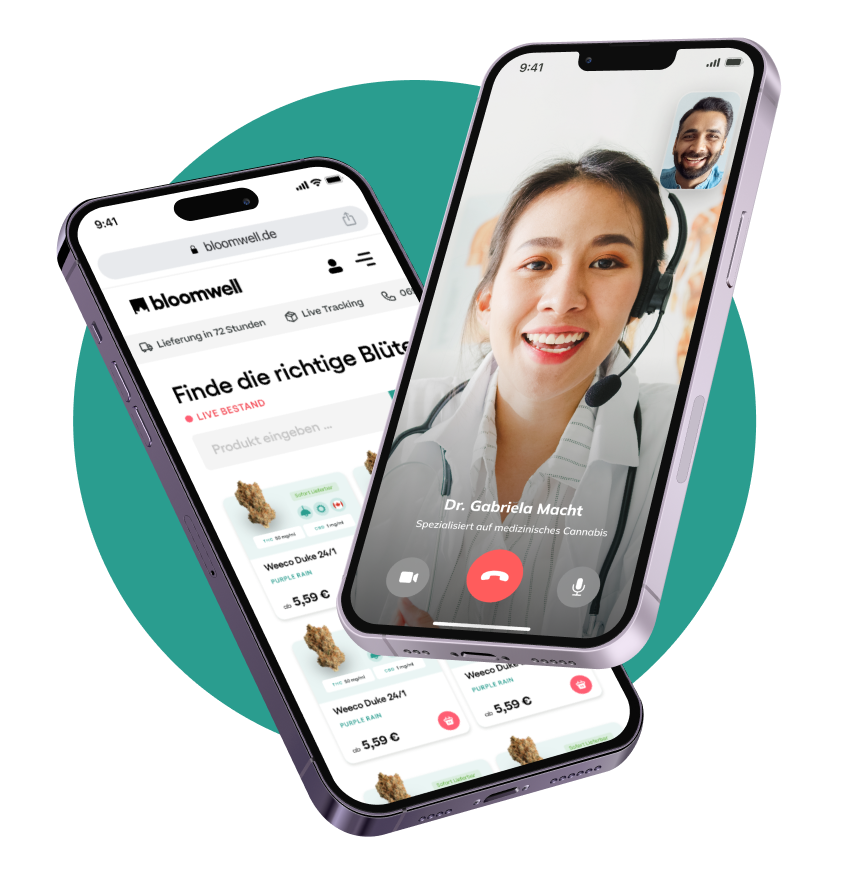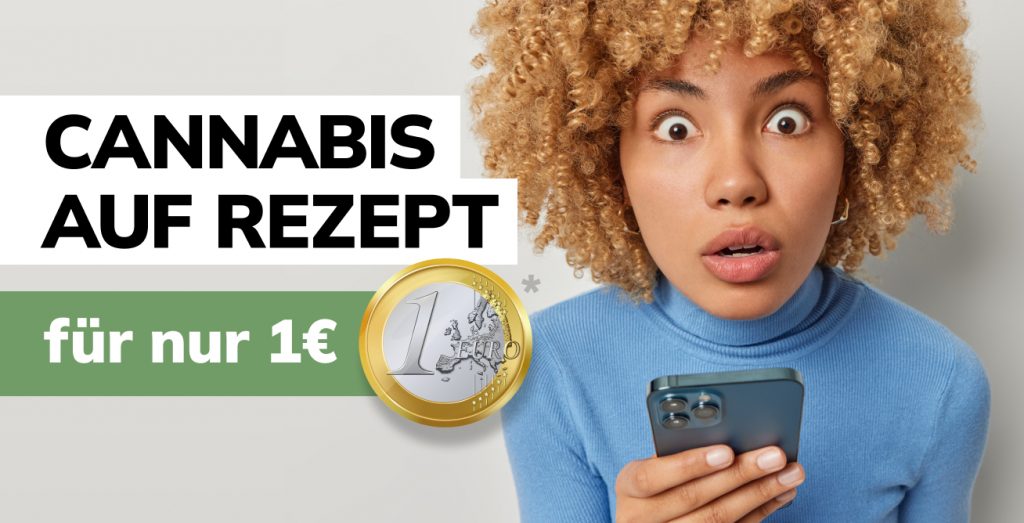Cannabidiol (CBD), a non-intoxicating ingredient of cannabis, is becoming increasingly popular and can now be found in all kinds of dietary supplements, beauty and wellness products. Pure CBD is not psychoactive, is legally available and is generally considered to be well tolerated, as it hardly causes any side effects. Nevertheless, the question arises whether it is possible to take CBD in combination with alcohol or whether it is better to refrain from consuming it at the same time.
Possible: Mutual amplification of the effect
Alcohol and CBD may have similar effects: For example, studies have shown that CBD can reduce anxiety in stressful situations [1] and motor agitation [2]. Alcohol is also known to reduce inhibitions and induce feelings of relaxation. Taking alcohol and CBD together could enhance this effect and cause, for example, severe drowsiness or sleepiness, to the point of sedation, which can be very dangerous in situations that require attention or concentration.
In a study conducted as early as the 1970s, the combination of alcohol and CBD resulted in subjects’ motor performance and also time perception being significantly more impaired than when CBD was taken alone without alcohol [3]. However, the amounts of CBD studied here are much higher than usual in normal use. Therefore, there is still a great need for meaningful research studies in this area to identify possible interactions between CBD and alcohol and to understand the underlying mechanisms.
CBD as protection against the effects and side effects of alcohol.
Although the effects of taking CBD and alcohol at the same time have not been adequately researched, there are numerous studies that suggest CBD may protect against some of the negative effects of alcohol – and in different ways:
For example, there is the consideration that the known positive effects of CBD, such as relief from headaches or nausea, may also help against the excessive consumption of alcohol (“hangover”). However, this hypothesis has not yet been confirmed – mainly because CBD can also cause severe fatigue and/or nausea in some individuals, which would exacerbate the discomfort of a “hangover.”
What we do know: Excessive consumption of alcohol damages cells and promotes certain diseases. CBD appears to be able to protect the body, at least in part, from these negative effects of alcohol. For example, in animal studies, scientists found that CBD applied to the skin can reduce alcohol-induced cell damage in the brain by nearly half [4] and that CBD injection can promote cell renewal and thus reduce the risk of alcohol-related liver disease [5]. Whether CBD has similar protective effects in humans and can prevent alcohol-related cell damage is not known. Further studies are needed to determine this.
However, it is possible that CBD may help to lower blood alcohol levels. This is at least suggested by the aforementioned study from the 1970s, in which people who took alcohol in combination with CBD had significantly lower blood alcohol concentrations than people who received a placebo instead of CBD [6].
However, other studies (especially animal studies) came to different results, so this finding is not robust. Although there was no reduction in blood alcohol levels in these studies, the intake of CBD contributed to the fact that alcohol-dependent animals (in this case rats) consumed less alcohol and relapsed less frequently [7]. In humans, similar evidence was found for cigarette consumption, which decreased significantly with CBD intake [8]. Recent studies also suggest that CBD may help people with alcohol use disorder reduce their alcohol consumption and reduce alcohol-related brain damage [9]. Given these initial promising findings, continued research in this area is highly desirable.
CBD and alcohol – possible in combination?
For a clear statement on whether the combination of CBD and alcohol is safe or harmful consequences are to be expected, the current scientific findings are not sufficient. With the few studies that exist, it should be noted that they often examine very large amounts of CBD and/or alcohol and these results cannot be transferred to the “normal” consumption of a few drinks or smaller amounts of CBD.
In addition, it should be remembered that CBD does not work the same way in every person, and the combination with alcohol is also likely to have large individual differences, making prediction difficult.
Given these many imponderables, it is not advisable to take CBD and alcohol together. This is especially true for people who have had no experience at all with CBD and/or alcohol. Those who nevertheless want to take both at the same time should only consume both in small amounts in order to keep the risk of unwanted interactions as low as possible.

